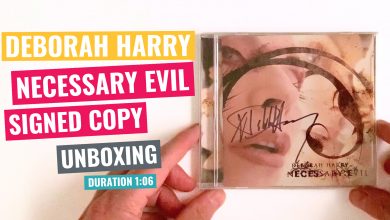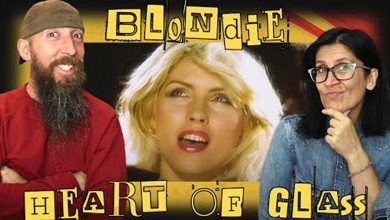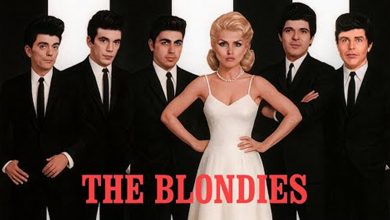Rapture
BlondieMusicOfficial – 11th February 2017
Provided to YouTube by Universal Music Group
Rapture · Blondie
Greatest Hits: Blondie
℗ A Capitol Records Release; ℗ 1980 Capitol Records, LLC
Released on: 2006-01-01
Associated Performer, Vocals: Deborah Harry
Associated Performer, Drums: Clem Burke
Associated Performer, Keyboards: Jimmy Destri
Associated Performer, Bass Guitar, Background Vocalist: Nigel Harrison
Associated Performer, Guitar, Background Vocalist: Frank Infante
Associated Performer, Timpani, Guitar: Chris Stein
Associated Performer, Saxophone: Tom Scott
Producer: Mike Chapman
Associated Performer, Drums, Background Vocalist: Clem Burke
Associated Performer, Keyboards: Jimmy Destri
Associated Performer, Organ, Synthesizer, Background Vocalist: Jimmy Destri
Composer Lyricist: Christopher Stein
Composer Lyricist: Deborah Harry



